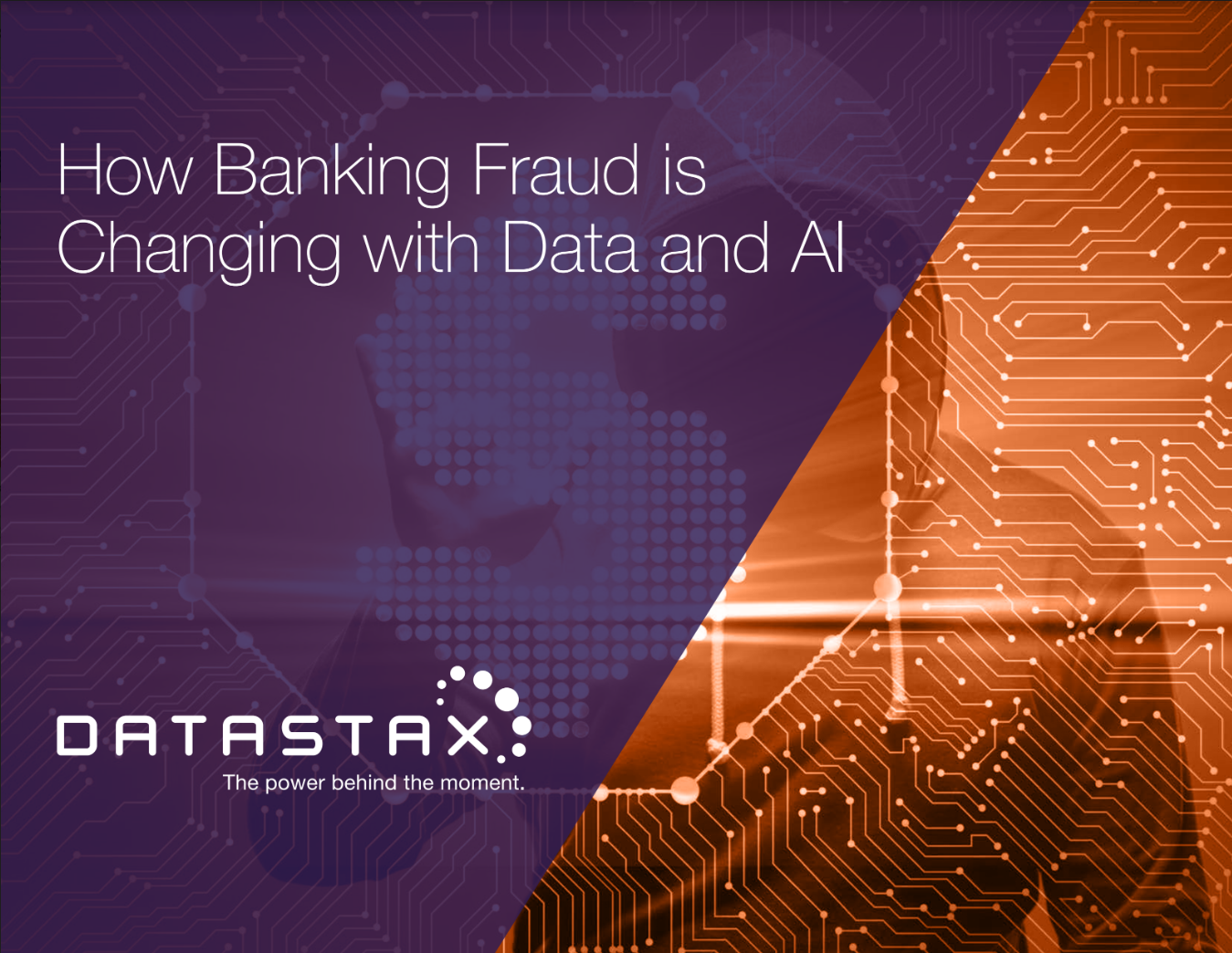How banking fraud is changing with data and AI
Big data = big chances for fraud


Sign up today and you will receive a free copy of our Future Focus 2025 report - the leading guidance on AI, cybersecurity and other IT challenges as per 700+ senior executives
You are now subscribed
Your newsletter sign-up was successful

Hackers are now often well-funded groups making very sophisticated automated attacks via globally distributed computer networks. The use of e-banking and mobile payments has only emboldened them, and made protecting against fraud in the banking, financial services and insurance sector even more difficult and complex.
To compete in the ‘right now’ economy and both prevent and detect fraud in real time, financial service institutions need to take a new approach, combining powerful data with artificial intelligence.
This whitepaper looks at how AI and machine learning are transforming fraud prevention and detection, including:
- Why big data and the ‘right now’ economy are making fraud detection more complex
- The consequences of continuing to rely on legacy systems for fraud detection
- The attributes of an optimal fraud protection data layer
Sign up today and you will receive a free copy of our Future Focus 2025 report - the leading guidance on AI, cybersecurity and other IT challenges as per 700+ senior executives
ITPro is a global business technology website providing the latest news, analysis, and business insight for IT decision-makers. Whether it's cyber security, cloud computing, IT infrastructure, or business strategy, we aim to equip leaders with the data they need to make informed IT investments.
For regular updates delivered to your inbox and social feeds, be sure to sign up to our daily newsletter and follow on us LinkedIn and Twitter.
-
 ITPro Best of Show NAB 2026 awards now open for entries
ITPro Best of Show NAB 2026 awards now open for entriesThe awards are a fantastic opportunity for companies to stand out at one of the industry's most attended shows
-
 Mistral CEO Arthur Mensch thinks 50% of SaaS solutions could be supplanted by AI
Mistral CEO Arthur Mensch thinks 50% of SaaS solutions could be supplanted by AINews Mensch’s comments come amidst rising concerns about the impact of AI on traditional software
